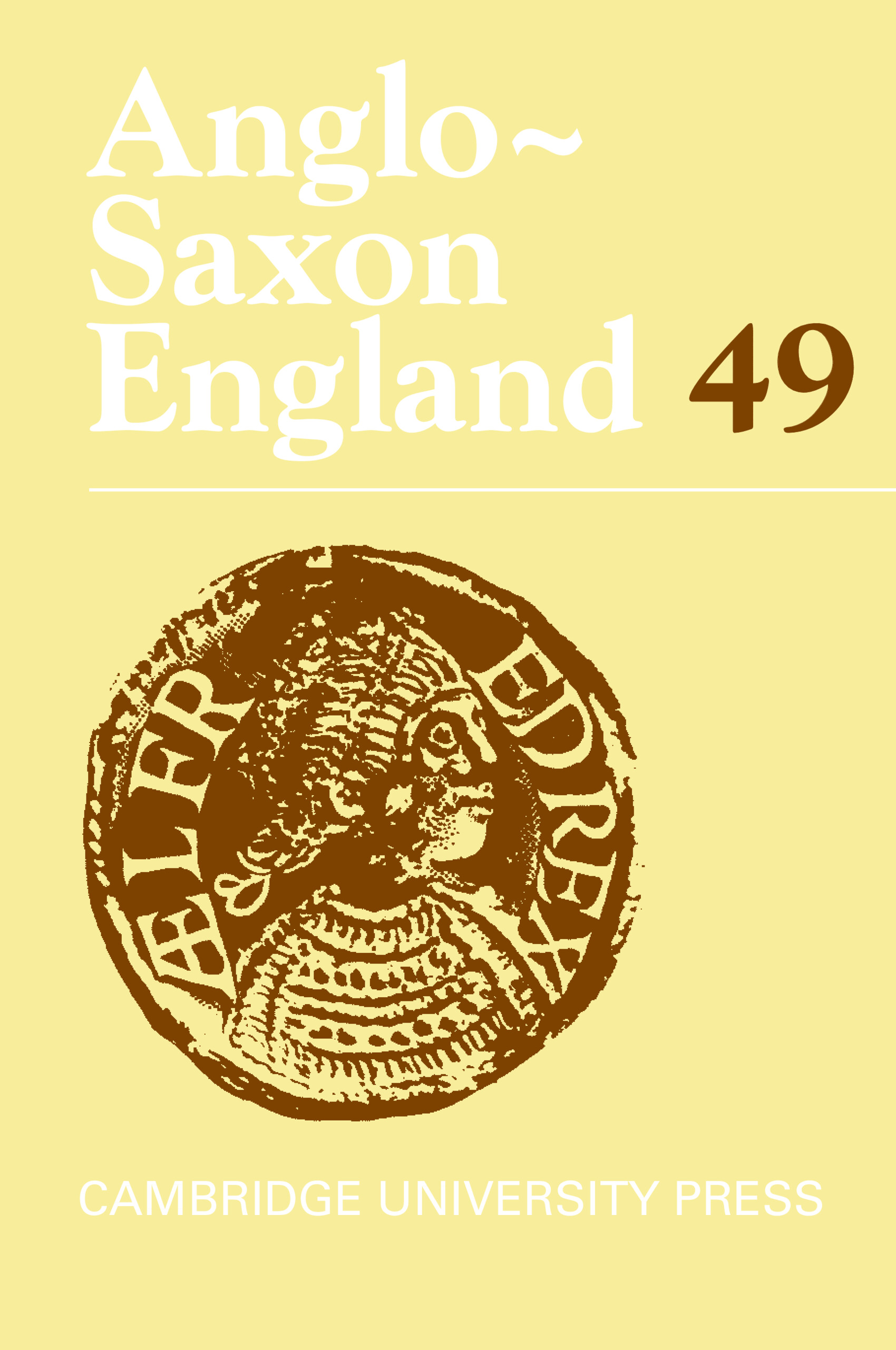Article contents
On saying ‘yes’ in early Anglo-Saxon England
Published online by Cambridge University Press: 02 December 2013
Abstract
In this paper, we aim to reconstruct the form of affirmative replies in the English spoken in England in the period 500–800. Examination of the extant texts shows that the two forms of the Old English word for ‘yes’, i.e. gea and gyse, are distinguished functionally, in that the former is used to reply to positive utterances and the latter to negative utterances. It is not clear, however, where the word gyse comes from. It has no cognates in other Germanic languages and the two main existing proposals for its etymology are problematic in several respects, and also fail to explain its functional patterning in the texts. We suggest a new, more plausible, etymology for gyse and use it to reconstruct the positive response system of proto-Old English. Apart from solving the puzzle ofgyse's origins, our proposal has two wider implications. The first is methodological, in that we demonstrate the value in historical reconstructive work of paying close attention not only to grammatical, phonological and semantic factors but also to the pragmatics of the forms being postulated. Secondly, the attested Old English data show a correlation that has been observed more widely through cross-linguistic comparison, i.e. the existence of a designated response item to negative utterances coupled with the existence of ‘high’ clausal negation. Drawing on our reconstruction of the emergence of gyse in proto-Old English, we suggest that one possible source of cross-linguistic correlations of this kind is diachronic development, in this case grounded in properties of day-to-day interaction in discourse.
- Type
- Research Article
- Information
- Copyright
- Copyright © Cambridge University Press 2013
- 5
- Cited by


